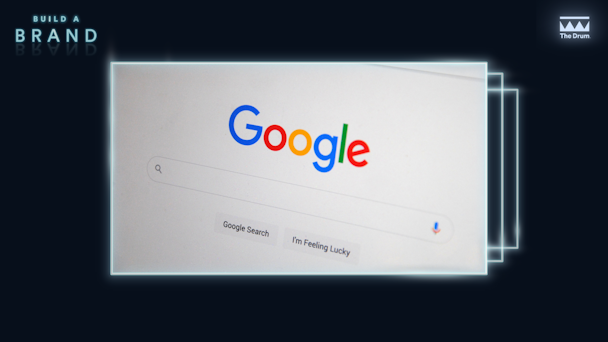AI has transformed search, but how should marketers use it for better keywords?
Artificial intelligence has changed the face of search marketing, with marketers now able to use AI keyword generators to save time and get better results. We asked search experts for advice on how to use these new tools.

How AI is helping speed up keyword generation
There are 10bn search queries a day, but nearly half of them go unanswered. That’s because people are using search to do things it wasn’t originally designed to do. For example, search is great for finding a website, but for more complex questions or tasks it too often falls short.
Now, though, AI will fundamentally change the business of search advertising. But, as RocketMill’s media director Tom Shaw explains: “AI within paid search probably isn’t what you think it is. It’s not letting ChatGPT run your campaigns or having one single Performance Max campaign do everything for you.” Google’s algorithm is AI and that encapsulates everything from ad formats to bid strategies to campaign types.
Advertisement
AI keyword generators
Keywords are a crucial part of digital marketing but can be a time-consuming task. Generative AI tools for search can massively speed up the process and deliver more successful results. The tools on the market use AI data to compile a list of keywords that will help generate higher levels of traffic.
To use them, marketers simply need to input a seed word and the generator will create a list of relevant keywords that can then be incorporated into websites and marketing materials. The AI generators can also offer data on search volume, competition and other metrics.
On the market there are tools including Twinword, CopyAI, Rytr and Bramework – and of course ChatGPT.
We asked search experts to give their top tips when using AI to assist with search keywords.
Advertisement
Deyna Lavery, head of paid search, RocketMill: “Platform tools with traditional AI baked in, such as smart bidding and broad match, have fundamentally changed the way we advertise. There is no longer a need to build massive keyword lists or micromanage bids; we can rely on these tools to assist us in reaching the right audience at the right moment.
“While it can be tempting to rely solely on this technology, doing so can leave money on the table. These tools need to be set up correctly and directed by someone with a deep understanding of the business and its goals.
“In simple terms, the need for human input still remains. Search query analysis will uncover important insights into customer intent and behavior that platform tools cannot address. Have searches for a specific product increased in the last few months? Can you respond to this behavior with a product offer?”
Suggested newsletters for you
Pete Eckersley, head of organic, Croud: “New AI search offerings encourage you to provide more detail upfront in your search query to better understand your intent. They can then provide you with a far more specific response. In short, they move some friction to the beginning of the search experience in order to reduce the amount of effort and time needed to get your answer.
“The question is: will people adopt this new approach? The answer is likely partially. For some searches they will; for some, they won’t – depending on their experience of the ‘old’ way of searching, how specific their query is, what device they’re searching on, and so on. As a result, we’re likely to see a blend of short-term queries and complex, conversational queries.
“How should marketers adapt? This shift will be gradual as the technology improves and as adoption increases. As it does, we should begin to see richer data available on platforms like Search Console and Keyword Planner around the longer, richer search queries. It will be important to use this to better understand the intents your potential customers have and ensure that your pages, content and ads have satisfying responses to these.”
Tom Shaw, media director, RocketMill: “Before, you would write in a headline and description and away it went. Now, letting Google decide between 15 headlines and four description lines in a mix-and-match scenario will fuel better performance. We still have the choice to pin certain assets in place, but each pin does restrict how much learning you are letting the algorithm do.
“With these ads, we then want to make sure they are getting in front of the right person. To allow Google to best do this, it needs to be equipped with a bid strategy where you have defined what success looks like and with the right keywords.
“These keywords no longer need to be segmented in the way they once were, but by utilizing broad match variants – as long as you have parameters around your bid strategies – you’ll be able to go after the right users who are searching in ways humans are not able to predict. Google estimates there are 500m brand new queries every day; keyword planners can’t know everything, but they do know their core terms to let the machine learn with.”

